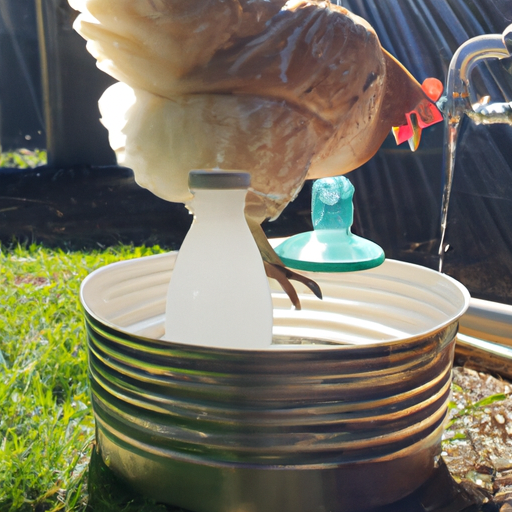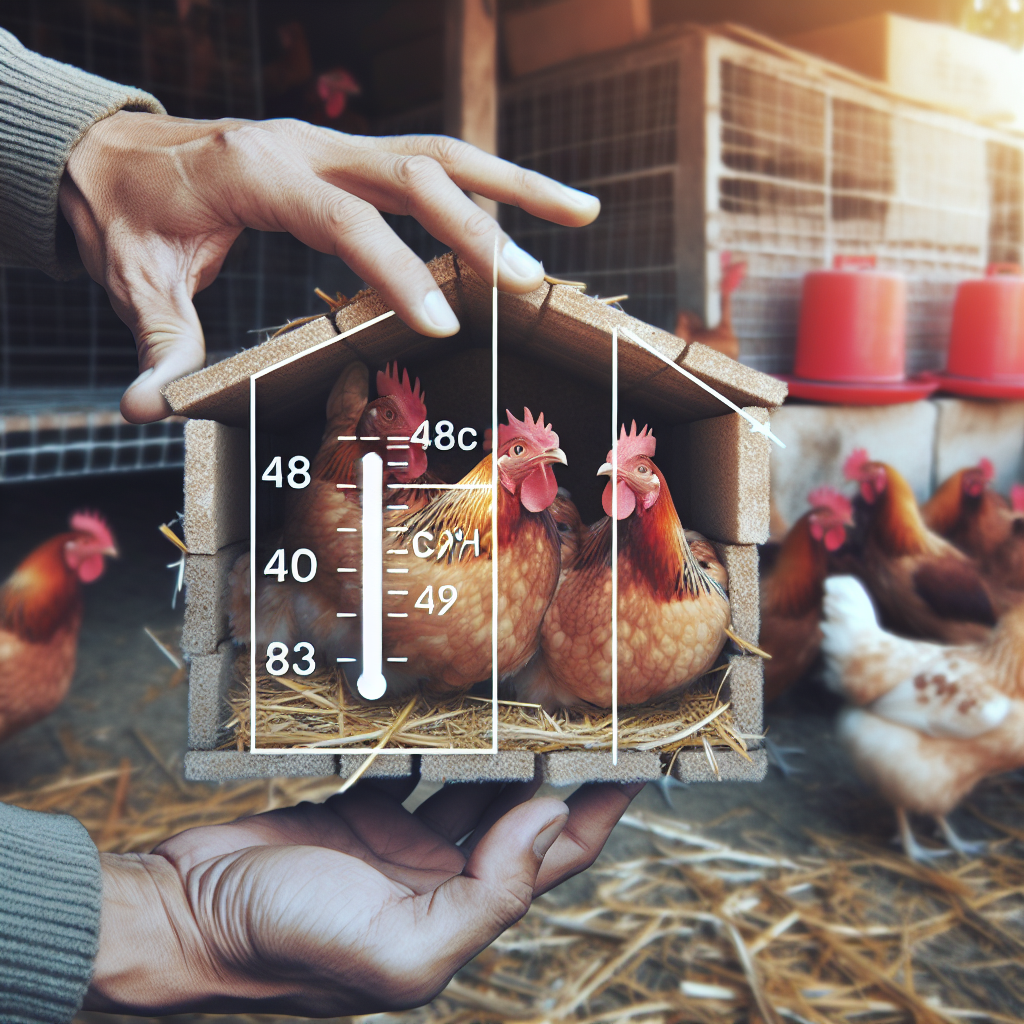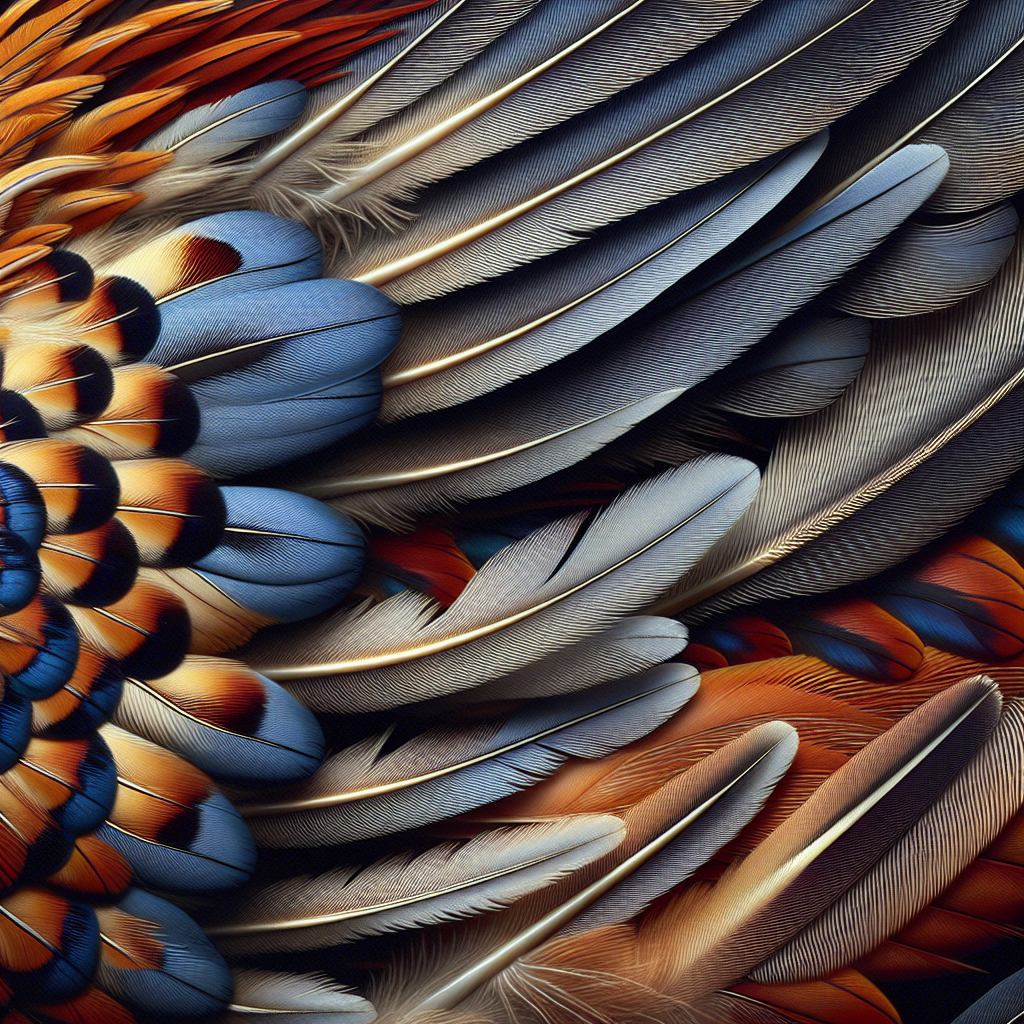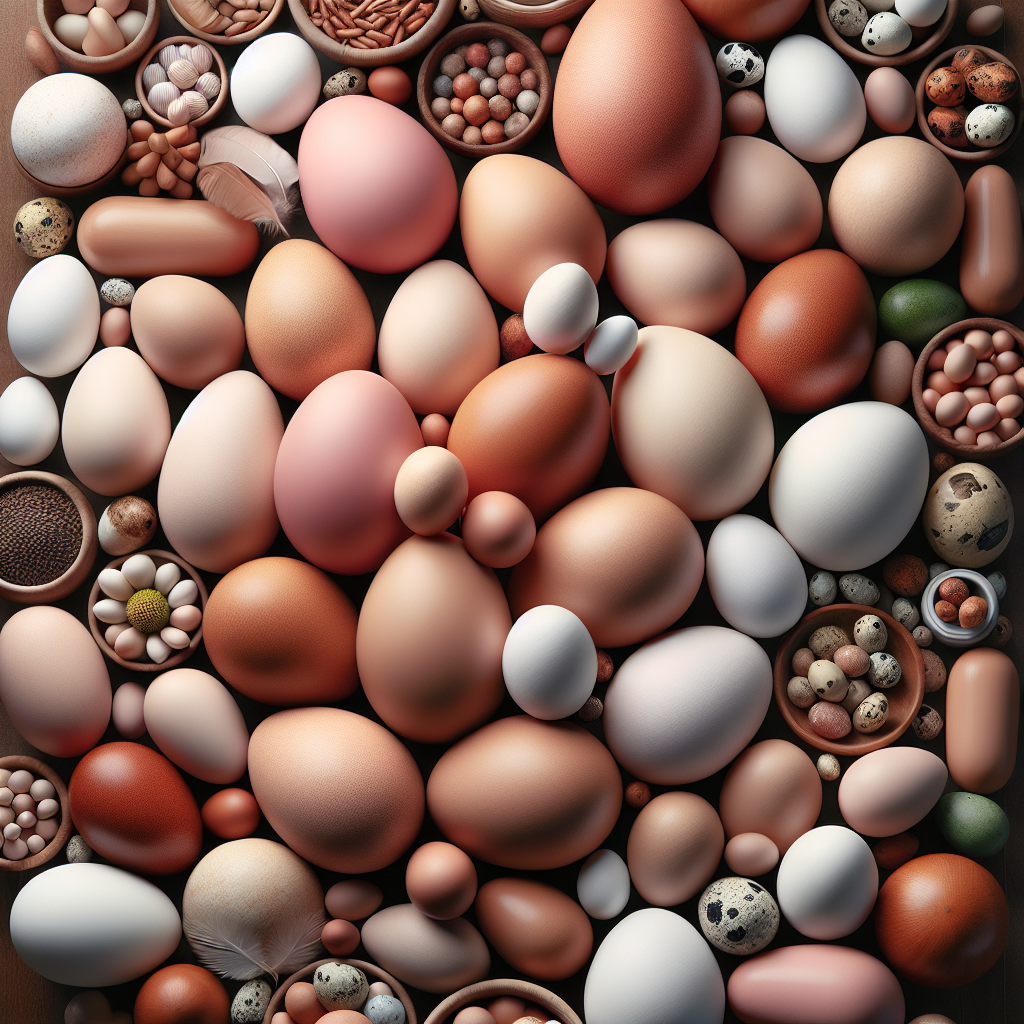Owning chickens can be a rewarding and enriching experience. But what does it actually entail? As a chicken owner, your daily responsibilities revolve around ensuring the health, safety, and comfort of your feathered friends. From providing fresh food and water, to maintaining a clean coop and checking for any signs of illness, this article will guide you through the essential tasks that come with being a responsible chicken owner.
Feeding
Providing a Balanced Diet
As a chicken owner, one of your main daily responsibilities is to provide your flock with a balanced diet. Chickens require a variety of nutrients to stay healthy and lay quality eggs. A balanced diet for chickens includes a good mix of grains, protein, vitamins, and minerals. This can be achieved by providing them with a commercially formulated chicken feed that meets their specific nutritional needs.
Ensuring Access to Clean Water
In addition to a balanced diet, chickens also need access to clean water at all times. Water is crucial for their overall health and digestion. Make sure to check and refill their water containers daily to ensure they have an adequate supply. Clean water containers regularly to prevent any potential contamination that could negatively affect their health.
Feeding Chickens Twice a Day
Chickens should be fed at least twice a day to ensure they are getting enough food and nutrients. This also helps regulate their digestion and prevents them from overeating. Invest in suitable feeders to prevent wastage and ensure each chicken has access to their fair share of food. Monitor their food consumption to ensure they are eating properly and adjust the quantity if necessary.
Monitoring Food Consumption
It is essential to stay vigilant and monitor your chickens’ food consumption. Keep an eye out for any changes in appetite or any signs of illness. If you notice a decrease in food consumption, it could indicate a health issue that requires attention. Monitoring their food consumption is not only essential for their overall well-being but also helps you stay aware of any potential health concerns in your flock.
Watering
Checking and Refilling Water Containers
Providing constant access to clean water is paramount for chicken health. Regularly check the water containers to ensure they are filled to an appropriate level. It’s important to monitor the water level throughout the day, especially during hot summer months when chickens tend to drink more water. By keeping their water containers adequately filled, you are ensuring their hydration and overall health.
Preventing Water Contamination
Water contamination can be detrimental to your flock’s health. To prevent contamination, regularly clean and sanitize the water containers. Ensure that the water containers are placed in a location where they will not easily become contaminated, such as away from areas where chickens defecate. Taking these precautions will help keep your chickens healthy and reduce the risk of waterborne illnesses.
Ensuring Constant Access to Water
Chickens need constant access to water, not only for hydration but also for regulating their body temperature. During hot weather, chickens rely on water to cool themselves down through panting and drinking. Ensure that their water containers are not easily tipped over or become empty by securing them properly and checking them throughout the day. Maintaining constant access to water is crucial for your chickens’ overall well-being.
Egg Collection
Daily Egg Hunt
Part of the joy of owning chickens is collecting fresh eggs daily. This activity not only provides you with nutritious eggs but also allows you to monitor your chickens’ health and productivity. Make it a daily responsibility to go on an “egg hunt” in the coop or nesting area. Gather any eggs you find, checking for any signs of damage or abnormality.
Regularly Checking Nest Boxes
To ensure eggs are collected promptly and not left to accumulate, it is important to regularly check the nest boxes. Chickens have a tendency to lay eggs in hidden or secluded areas, so thorough checks are necessary to prevent eggs from being left in the nest boxes for too long. Checking the nest boxes also allows you to ensure they are clean and comfortable for your chickens.
Cleaning and Storing Collected Eggs
Once you have collected the eggs, it is essential to clean them properly before storage. Gently wipe off any dirt or debris using a dry cloth or a soft brush. Avoid washing the eggs with water, as this can remove the natural protective coating. Store the eggs in a cool, dry place with good ventilation, preferably in a labeled egg carton. Properly cleaned and stored eggs will stay fresh longer and maintain their optimal quality.
Cleaning the Coop
Removing Manure and Dirty Bedding
Regular cleaning of the coop is crucial for maintaining a healthy living environment for your chickens. Remove manure and soiled bedding daily to prevent the accumulation of bacteria and parasites. Use a shovel or rake to remove solid waste, and dispose of it in a designated composting area. Cleaning the coop daily helps prevent the build-up of ammonia and reduces the risk of respiratory problems for your chickens.
Sweeping or Raking the Coop
In addition to removing manure, regular sweeping or raking of the coop floor is necessary. This helps remove dust, feathers, and any other debris that may have accumulated. It also aids in controlling pests and maintaining a clean and comfortable living space for your chickens. Properly disposing of the swept materials ensures a hygienic environment and reduces the risk of infections.
Disinfecting and Sanitizing the Coop
Keeping the coop clean goes beyond just removing waste and debris. Regular disinfection and sanitization are necessary to combat potential pathogens and parasites. Use a poultry-friendly disinfectant to clean the coop thoroughly, paying special attention to the nest boxes and roosting areas. Allow the coop to dry before reintroducing your chickens to prevent any harm from the disinfectant.
Maintaining Proper Ventilation
Proper ventilation is essential for the well-being of your chickens. Good air circulation helps remove moisture, ammonia, and odors from the coop, reducing the risk of respiratory problems. Regularly check the vents and windows to ensure they are not blocked or obstructed. Installing proper ventilation systems, such as vents or windows, helps maintain fresh air and a comfortable environment for your flock.
Health Monitoring and Care
Daily Visual Health Checks
As a responsible chicken owner, it is crucial to perform daily visual health checks on your flock. Observe each chicken individually, looking for any signs of illness, injuries, or abnormalities. Check for any changes in their appearance, behavior, or appetite. Early detection of health issues allows for timely intervention, helping prevent the spread of illnesses and ensuring your chickens receive the care they need.
Observing Behavior and Abnormalities
In addition to visual health checks, closely observe your chickens’ behavior and interactions with each other. Look out for any changes in their normal behavior, such as lethargy, aggression, or isolation. Also, be attentive to any abnormalities, such as abnormal droppings, unusual breathing patterns, or discharge from the eyes or nostrils. Identifying behavior and abnormalities early on helps address potential health issues before they escalate.
Administering Medication as Needed
If you notice any signs of illness or suspect your chickens have a health issue, consult a veterinarian. In some cases, the veterinarian may recommend administering medication. It is crucial to follow their instructions carefully and administer the medication as prescribed. Administering medication promptly can help expedite the recovery process and prevent the spread of contagious diseases within your flock.
Applying Treatments for Parasites
Parasites can pose a significant threat to your chickens’ health and well-being. Regularly check for external parasites, such as lice, mites, and fleas. If parasites are detected, promptly treat your flock using appropriate poultry-safe treatments. Follow the instructions provided on the treatments and repeat the process as necessary to effectively eliminate the parasites. Treating parasites helps prevent discomfort and potential health issues in your chickens.
Trimming Wings and Beaks Regularly
To maintain flock safety and prevent any potential damage, regular wing and beak trimming may be necessary. Trimming chickens’ wings can prevent them from flying and potentially escaping from their designated area. Beak trimming, performed by a professional, can prevent excessive pecking or aggression within the flock. Keeping their wings and beaks properly trimmed helps maintain a harmonious and safe environment for your chickens.
Predator Protection
Securing the Coop and Run
Protecting your flock from predators is of utmost importance. Ensure that the coop and run are securely built, with sturdy fences or walls that cannot be easily breached by predators. Regularly check for any gaps, holes, or weak spots that may allow predators to enter. Reinforce or repair any weak areas promptly to maintain the safety of your chickens.
Regularly Checking for Signs of Predators
Vigilance is key when it comes to protecting your chickens from predators. Regularly inspect the coop and surrounding areas for signs of predators, such as paw prints, droppings, or damage to fences or netting. By staying alert and promptly addressing any potential threats, you can deter predators and safeguard your flock.
Implementing Measures to Deter Predators
Implementing additional measures to deter predators can further enhance the safety of your chickens. This may include using motion-activated lights or alarms to scare away nocturnal predators. Installing wire mesh or electric fencing can make it more difficult for predators to access the coop area. Combine these deterrent methods to create a layered defense system, reducing the risk of predator attacks.
Exercise and Enrichment
Allowing Free-Range Time
Chickens benefit greatly from free-range time outside their coop and run. Allow your chickens to explore and forage in a safe and supervised environment. Free-range time stimulates natural behavior, allows for exercise, and provides mental stimulation. Be mindful of potential dangers, such as poisonous plants or access to areas with predators, and supervise your chickens accordingly.
Providing a Suitable Environment for Foraging
Encourage your chickens’ natural foraging instincts by providing them with a suitable environment. Designate an area in your yard where they can scratch, dig, and search for insects, worms, and vegetation. This not only provides them with additional nutrition but also keeps them engaged and entertained. Ensure the foraging area is safe and free from toxic plants or other potential hazards.
Supplying Toys or Objects for Stimulation
Chickens can also benefit from toys and objects that provide mental and physical stimulation. Consider providing them with objects such as hanging cabbage or lettuce, treat-dispensing toys, or even simple mirrors. These items encourage activity, curiosity, and playfulness, helping keep your chickens happy and engaged. Regularly rotate or introduce new toys to prevent boredom and ensure continuous enrichment.
Coop Maintenance
Inspecting and Repairing Coop Structure
Regular inspection and maintenance of the coop structure are essential for the safety and comfort of your chickens. Inspect the coop for any signs of wear and tear, such as loose screws, cracks, or rotting wood. Repair or replace damaged parts promptly to prevent potential injuries to your flock and ensure the longevity of the coop.
Replacing Bedding Regularly
Clean and dry bedding is critical for your chickens’ health and comfort. Replace soiled or damp bedding regularly to maintain a clean and odor-free coop. Choose suitable bedding materials, such as straw, wood shavings, or pine pellets, that are absorbent and promote good airflow. Regularly refreshing the bedding ensures a hygienic environment and reduces the risk of respiratory problems.
Maintaining Clean and Dry Conditions
Proper coop maintenance includes ensuring clean and dry conditions at all times. Regularly remove any spilled food, feathers, or debris that may accumulate on the coop floor. Use materials that absorb moisture effectively and promote good ventilation to prevent the growth of harmful bacteria and molds. Maintaining a clean and dry environment is crucial for your chickens’ overall health and well-being.
Social Interaction
Spending Time with the Chickens
Chickens are social animals that benefit greatly from human interaction. Spend time with your flock daily, whether it’s observing them, talking to them, or participating in gentle handling. Regular human interaction helps develop a bond with your chickens and promotes positive socialization. Your presence and attention contribute to their mental well-being and overall happiness.
Providing Attention and Affection
Along with spending time with your chickens, provide attention and affection in the form of gentle petting or handling. Some chickens may even enjoy being held and stroked. This helps establish trust and strengthens the bond between you and your flock. By showing them love and affection, you are contributing to their emotional well-being.
Monitoring Flock Dynamics
Observing and understanding flock dynamics is an important aspect of responsible chicken ownership. Monitor how your chickens interact with each other and keep an eye out for any signs of aggression or bullying. If necessary, separate aggressive individuals to promote a harmonious environment. Being aware of and addressing any conflicts within the flock helps maintain a peaceful and stress-free social structure.
Record Keeping
Maintaining Egg Production Records
Keeping records of your chickens’ egg production is useful for monitoring their productivity and identifying any changes or irregularities. Record the number of eggs laid daily, any changes in egg size or coloration, and any potential disruptions, such as changes in diet or environment. These records can be valuable for tracking the overall health and well-being of your flock.
Tracking Health Concerns and Treatments
Maintaining a record of your chickens’ health concerns and treatments is essential for effective management of their well-being. Note any symptoms, illnesses, injuries, or treatments administered. Tracking this information allows you to identify patterns, assess the effectiveness of treatments, and provide accurate information to veterinarians if needed.
Updating Vaccination Schedules
If you choose to vaccinate your chickens, it is important to maintain an updated vaccination schedule. Keep track of the vaccines administered, dates of vaccinations, and any booster shots required. This record allows you to ensure your flock is protected against common poultry diseases and helps you plan for future vaccination needs.
In conclusion, being a chicken owner comes with a range of daily responsibilities that are essential for the well-being and happiness of your flock. From providing a balanced diet and clean water to maintaining a clean and secure living environment, it is important to actively engage in the care and management of your chickens. Regular health monitoring, predator protection, and social interaction all contribute to the overall welfare of your flock. By fulfilling these responsibilities and maintaining up-to-date records, you can ensure that your chickens lead healthy and fulfilling lives.




